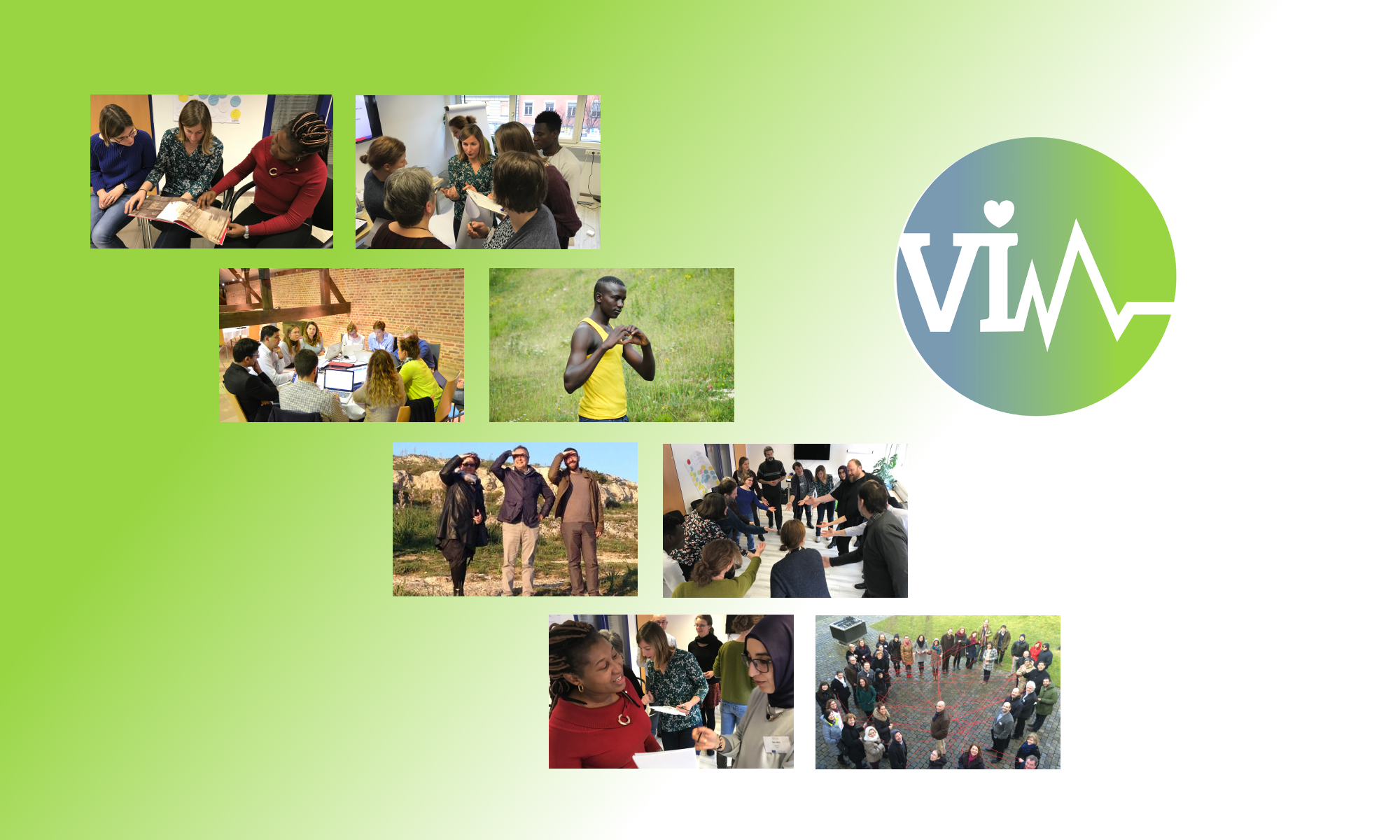 The VIM team is currently preparing the final conference in Athens on 10th of October. Its motto is “Health Literacy as a key to integration”. It will be hold in the premises of INNOVATHENS Hub.
The VIM team is currently preparing the final conference in Athens on 10th of October. Its motto is “Health Literacy as a key to integration”. It will be hold in the premises of INNOVATHENS Hub.
Please find the agenda here.
Save the date – Final conference in Athens
 The VIM consortium is waiting for you in Athens on 10th of October, 2019 at INNOVATHENS.
The VIM consortium is waiting for you in Athens on 10th of October, 2019 at INNOVATHENS.
The VIM consortium invites you to the final conference of the VIM project. The conference will be hosted by our Greek partner KMOP on 10th of October, 2019.
Apart from presenting the main outcomes and lessons learnt in terms of implementing the easy-to use micro-learning and information units for health promotion, we will give space and time for discussions, exchanges, workshops, and networking, so that all participants can be part of the conference processes.
Newsletter 4
 The VIM partners have developed a Quality Badge for all those organisations that promote health education for migrants and want to show it to their clients, learners, other training providers, funding authorities, the broad society, and other interest groups.
The VIM partners have developed a Quality Badge for all those organisations that promote health education for migrants and want to show it to their clients, learners, other training providers, funding authorities, the broad society, and other interest groups.
Find out all main facts in our fourth newsletter that you can download here.
VIM Hub available now
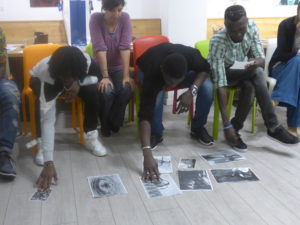 The VIM team is happy to announce that the VIM online hub (educational resources) is available now in English. It offers training units with activities on different health topics as well as further resources and interesting links to deepen the knowledge on specific issues related to health.
The VIM team is happy to announce that the VIM online hub (educational resources) is available now in English. It offers training units with activities on different health topics as well as further resources and interesting links to deepen the knowledge on specific issues related to health.
The Hub is right now being translated and will be available in all partner languages within the next few weeks.
Newsletter 3
 The third newsletter presents the training offer for adult educators who wish to embed small training units – that we simply call “activities” as these shall be interactive and shall involve migrants and refugees in all kind of playful, discovery oriented and holistic activities that aim to improve their health literacy. Get the newsletter here.
The third newsletter presents the training offer for adult educators who wish to embed small training units – that we simply call “activities” as these shall be interactive and shall involve migrants and refugees in all kind of playful, discovery oriented and holistic activities that aim to improve their health literacy. Get the newsletter here.
VIM training offer
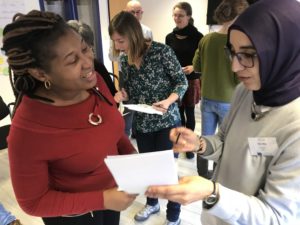 The VIM training offers small training units called simply “activities” as these shall be interactive and shall involve migrants and refugees in all kind of playful, discovery oriented and holistic activities. These are clustered into the following main categories:
The VIM training offers small training units called simply “activities” as these shall be interactive and shall involve migrants and refugees in all kind of playful, discovery oriented and holistic activities. These are clustered into the following main categories:
- Different conceptions of health, illness and cure based on culture and religion
- Mental well-being
- Physical well-being
- Access to the new health services – obstacles and problems
- Sex/sexuality, pregnancy and childbirth
- Communication
Each of the six categories provides approx. ten different activities – these vary in terms of their duration, group of learners, equipment needed. They all have in common that they can be implemented in all kind of adult education courses by educators that are not health experts.
Partner meet in Vienna
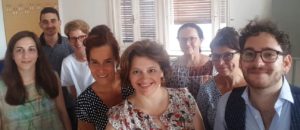 The VIM partners met in Vienna on 05./06.06.2018 and worked on the development of the health related training units and activities. These will be provided on the VIM Hub for download and can be used by European adult educators that wish to raise certain health related topics in an innovative and interactive way on their courses addressing migrants and refugees.
The VIM partners met in Vienna on 05./06.06.2018 and worked on the development of the health related training units and activities. These will be provided on the VIM Hub for download and can be used by European adult educators that wish to raise certain health related topics in an innovative and interactive way on their courses addressing migrants and refugees.
The training units will be available for piloting in autumn 2018.
Newletter 2
 The second newsletter of the VIM project summarises the findings of the comprehensive research activities in terms of main barriers for migrants to access national healthcare services and their training needs.
The second newsletter of the VIM project summarises the findings of the comprehensive research activities in terms of main barriers for migrants to access national healthcare services and their training needs.
Please download the newsletter here.
Good practice examples
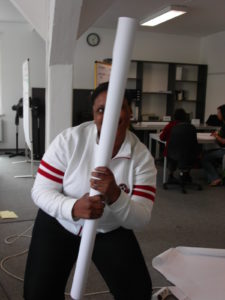
In addition to the interviews the VIM partners also searched for good practice examples on existing health education projects and resources for migrants and other disadvantaged groups.
We felt that we could learn something from these examples that could be transferable to the VIM learning units and activities that we are to develop in the next months. Specific points of interests that we were looking for were:
Results of interviews
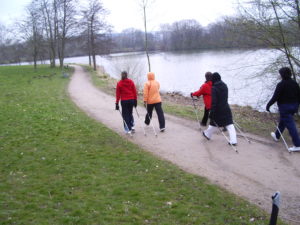 The VIM partners have carried out 61 interviews with educational and social professionals in the six partner countries. The aim was to define the learning needs of migrant adults in terms of most relevant health education topics. These will be taken as the basis for developing small learning units and activities that can be embedded in training offers addressing refugees and migrants. Continue reading “Results of interviews”
The VIM partners have carried out 61 interviews with educational and social professionals in the six partner countries. The aim was to define the learning needs of migrant adults in terms of most relevant health education topics. These will be taken as the basis for developing small learning units and activities that can be embedded in training offers addressing refugees and migrants. Continue reading “Results of interviews”
